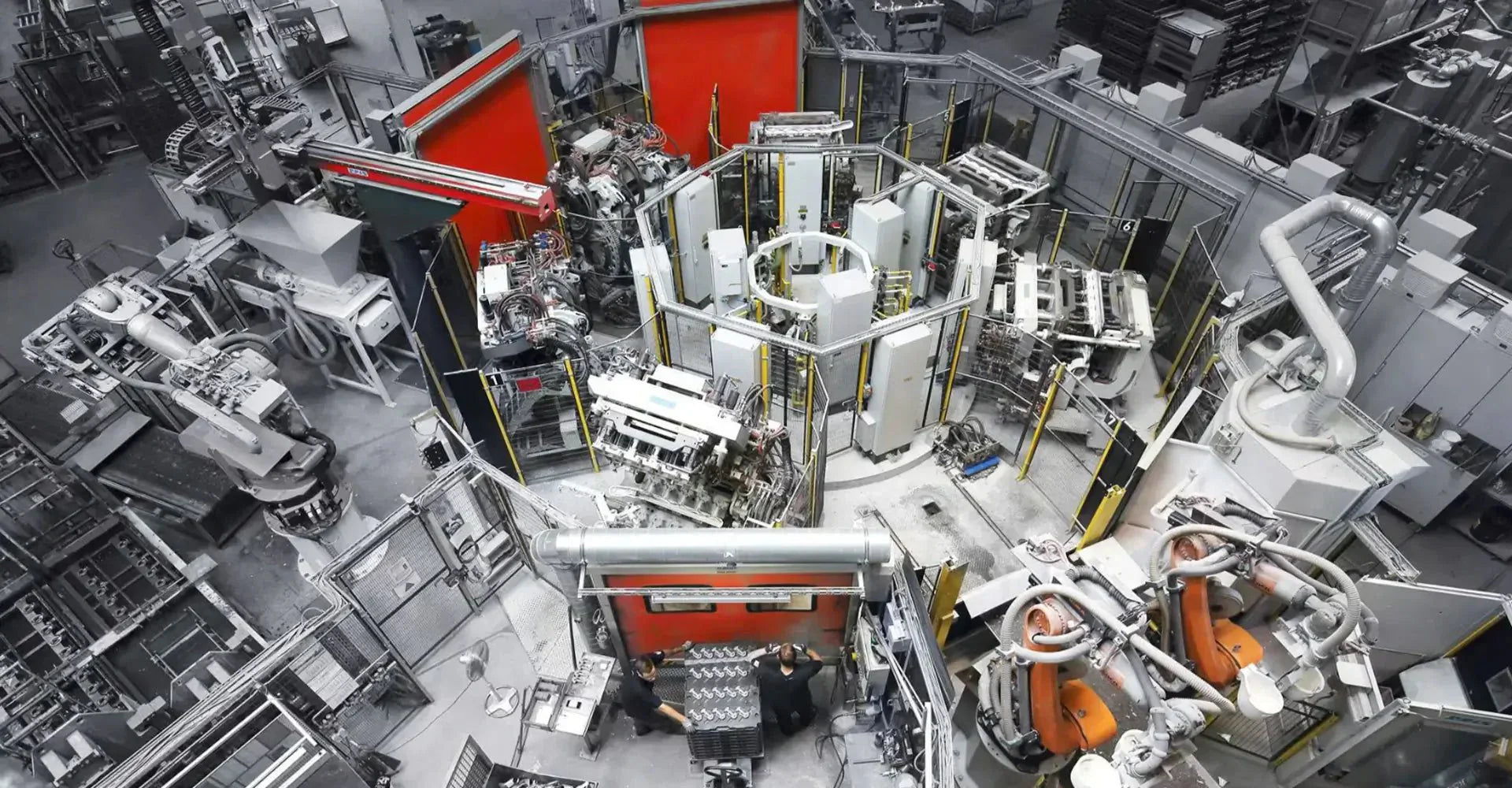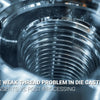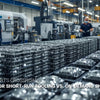What Makes Custom Die Casting Services Essential for Modern Manufacturing Success?

What Makes Custom Die Casting Services Essential for Modern Manufacturing Success?

In today's rapidly evolving manufacturing landscape,custom die casting services have become a cornerstone of industrial production. With the global die casting market reaching an impressive USD 82.86 billion in 2024, manufacturers across industries are recognizing the unprecedented value this precision manufacturing process brings to their operations.
Did you know that custom die casting can reduce production costs by up to 50% compared to traditional manufacturing methods? This remarkable efficiency, combined with the ability to produce complex parts with exceptional accuracy, makes die casting an invaluable solution for modern manufacturing challenges.
The growing adoption of die casting services spans multiple industries, from automotive components to kitchen appliances, revolutionizing how we approach precision manufacturing in the 21st century.
[Table of Contents]
- How Has Custom Die Casting Revolutionized Modern Manufacturing?
- Which Die Casting Process Best Fits Your Manufacturing Needs?
- Why Are Major Industries Increasingly Adopting Custom Die Casting?
- What Makes Quality Control Critical in Custom Die Casting Services?
- Conclusion
How Has Custom Die Casting Revolutionized Modern Manufacturing?
The evolution of die casting technology has transformed manufacturing processes across the globe. This revolutionary method combines precision, efficiency, and scalability in ways previously thought impossible.
Modern die casting facilities utilize advanced automation and precise control systems to ensure exceptional quality in every production run. The ability to produce complex geometries with tight tolerances has made die casting indispensable for manufacturers seeking competitive advantages in their respective markets.

The impact of die casting extends beyond just manufacturing efficiency. With the ability to create parts featuring various surface finishes and intricate details, manufacturers can meet increasingly demanding customer specifications while maintaining cost-effectiveness.
Which Die Casting Process Best Fits Your Manufacturing Needs?
Understanding the distinction between hot chamber and cold chamber die casting processes is crucial for optimizing manufacturing outcomes. Each method offers unique advantages suited to different production requirements and material specifications.
Hot chamber die casting excels in processing low-melting-point alloys, while cold chamber die casting proves superior for materials requiring higher melting temperatures. This versatility in processing capabilities makes die casting adaptable to diverse manufacturing needs.

The selection of the appropriate die casting process depends on various factors, including production volume, material requirements, and desired part characteristics. Modern manufacturers often utilize both methods to maximize their production capabilities and meet diverse customer needs.
Why Are Major Industries Increasingly Adopting Custom Die Casting?
The widespread adoption of die casting across industries reflects its versatility and efficiency. From industrial machinery to consumer products, die casting provides solutions for complex manufacturing challenges.
The automotive sector leads in die casting adoption, with applications ranging from engine components to structural elements. Similarly, the appliance industry relies heavily on die casting for producing durable, precise components for kitchen appliances

With a projected market growth to USD 112.14 billion by 2029, industries continue to find new applications for die casting technology, driving innovation and efficiency in manufacturing processes.
What Makes Quality Control Critical in Custom Die Casting Services?
Quality control in die casting encompasses multiple stages, from material selection to final inspection. Rigorous testing and inspection protocols ensure that each component meets specified requirements and industry standards.
Advanced quality control measures, including dimensional verification and material testing, guarantee consistent quality across production runs. This attention to detail is essential for maintaining high standards in critical applications.

Modern quality control systems incorporate automated inspection technologies and data analytics to maintain precise control over the entire manufacturing process, ensuring reliable and consistent output.
Conclusion
Custom die casting services continue to evolve and adapt to meet the changing needs of modern manufacturing. With a projected CAGR of 6.24% through 2029, the industry's future looks promising for both manufacturers and customers alike.
The combination of precision, efficiency, and versatility makes die casting an essential manufacturing process for industries seeking competitive advantages in today's global market. As technology advances and applications expand, die casting will remain at the forefront of manufacturing innovation.
[External Links Recommendation]
- The Aluminum Die Casting Market Size - $83.24 Billion In 2024
- Aluminum Die Casting Market Size to Reach USD 139.61 Bn by 2034
-
Die Casting Market Report | Industry Growth, Size & Forecast Analysis
-
Aluminum Die Casting Market Share, Size and Forecast to 2033
-
Metal Casting Market Size is Surpassing USD 179.08 Billion





